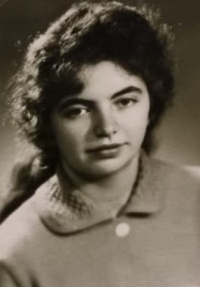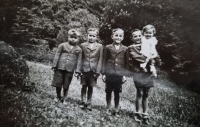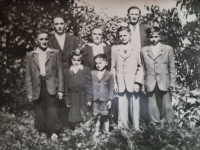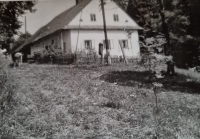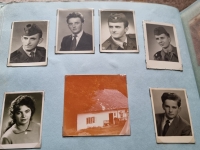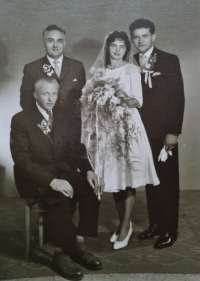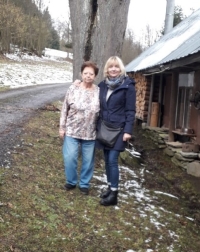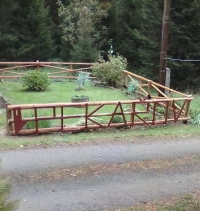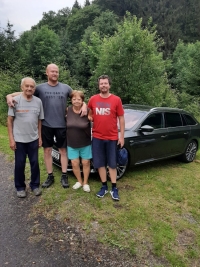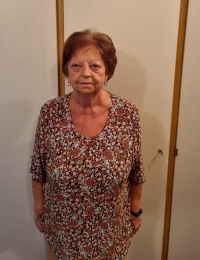My dad thought the deported Germans would come home again
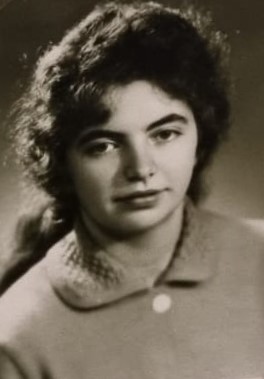
Stáhnout obrázek
Marianna Staňková, née Friedrich, was born on 18 March 1943 in Pekařov (Beckengrund in German), a German settlement near Šumperk. She came from a family of Sudeten Germans. Her close family survived the war unscathed, but soon afterwards, when the Germans were deported from Czechoslovakia, all Pekařov inhabitants had to leave. Thanks to her father Adolf‘s job in the Jindřichov paper mill, her family was spared the deportation and allowed to stay in the abandoned village. Marianna Staňková thus grew up along with her five brothers in an empty and depopulated village. Their father refused to move believing that the exile was only temporary and that all the Germans would return to Pekařov. This never happened and Slovaks from Romania moved into the abandoned houses as part of the settlement of the border area. Marianna Staňková graduated from a teaching school and worked as a kindergarten teacher all her life. She married in 1962 and had two children. In 2024, she was living in Prague, returning with her husband to Pekařov every summer.
